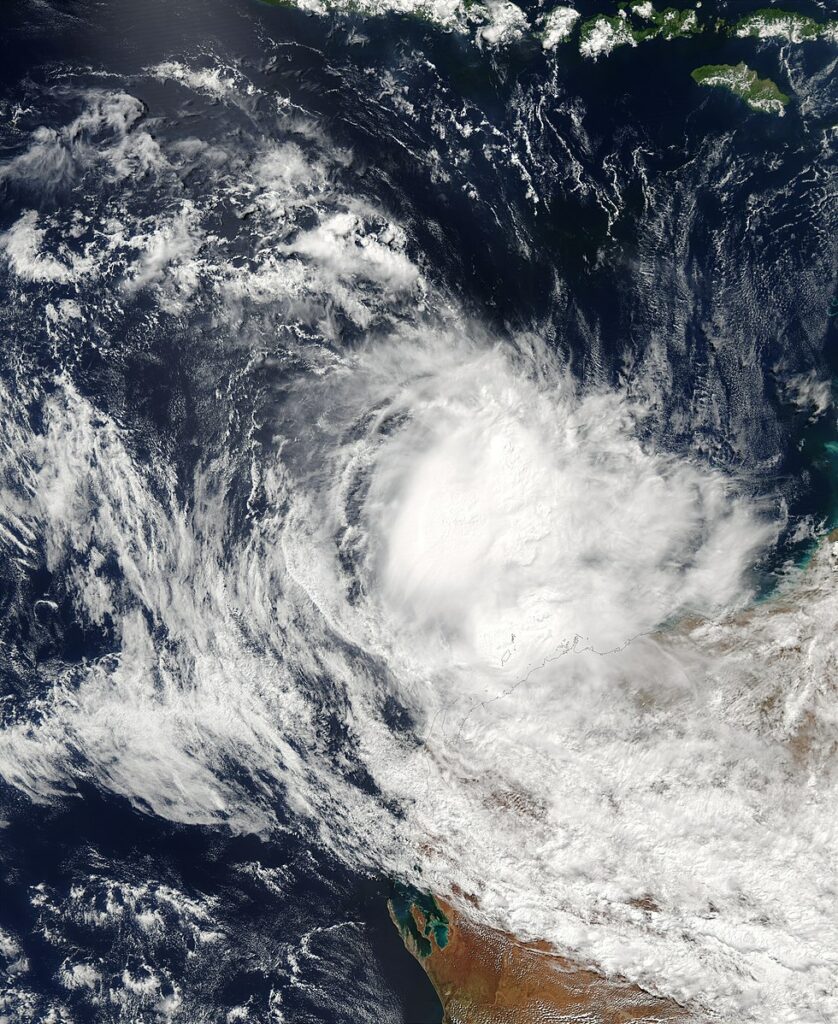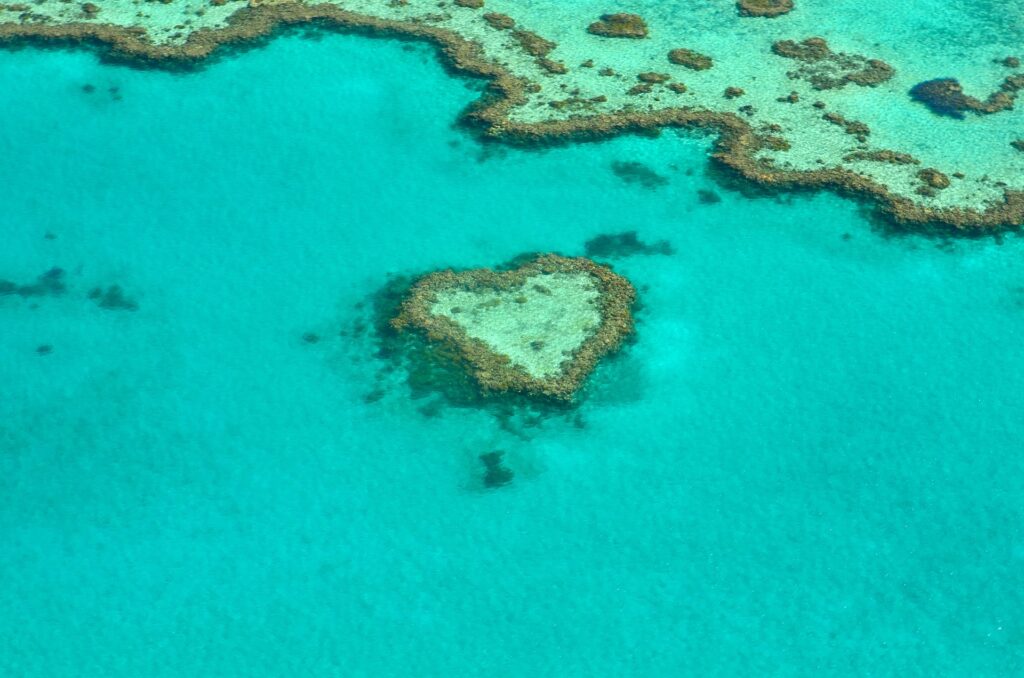
Climate Change
Threat by Climate change
Climate change is the greatest threat to the Great Barrier Reef and coral reefs worldwide. The rapid increase in greenhouse gas emissions since the pre-industrial era has led to an estimated 1.0°C increase in global average temperature. global temperature increases lead to warmer seawater, which can have a variety of effects, including damaging ocean heat waves.
Not only are atmospheric carbon dioxide concentrations currently at record levels for the past 800,000 years, but the climate is changing at a rate not seen in decades to millennia.

Since 1985, the Great Barrier Reef has lost more than half of its reefs to these hazards, with two-thirds of this loss occurring since 1998.A March 2016 report showed that a third global bleaching event triggered by ocean warming could wipe out the entire north-central reef, accounting for more than 40% of the Great Barrier Reef.
GBR is affected …
1.03 degrees Celsius
2300 km
In 2016, sea surface temperatures on the Great Barrier Reef reached their highest level on record, 1.03 degrees Celsius higher than the 1961-1990 average. An oceanic heatwave led to the largest mass bleaching of the Great Barrier Reef on record.
The impact of mass bleaching in 2020 appears to be second only to that of 2016 and is associated with severe bleaching across the entire 2,300km length of the Great Barrier Reef
12 Years
40%
Most seabird species on Raine Island have declined steadily in numbers over the past 12 years. There is evidence that climate change has pushed the range of Australian seabirds further south.
Reports suggest that the third global bleaching event, triggered by ocean warming, could lead to the destruction of all the coral reefs in the north-central region, accounting for more than 40% of the Great Barrier Reef as a whole.
What’s more …
Ocean acidification
is having a major impact on climate change in the Great Barrier Reef ecosystem. Acidification occurs because the ocean acts as a carbon sink, absorbing carbon dioxide from the atmosphere. This lowers the pH (a measure of acidity or alkalinity) of the ocean over an extended period of time, thus changing the chemical composition of the ocean. Since pre-industrial times, the oceans have absorbed around 30% of anthropogenic CO2 emissions. The pH of the ocean surface has decreased by 0.1 compared to pre-industrial times, to 8.1. This corresponds to a 26% increase in acidity. Coral reef development is thought to have ceased at a pH of 7.8.

Storms and cyclones
Climate change-induced changes in weather patterns affecting the frequency, intensity or distribution of these disturbances will have a significant impact.
According to the State of the Climate 2014 report, on average, fewer tropical cyclones are expected in the Australian region. However, it is expected that the proportion of intense cyclones will increase. 48% of coral losses recorded by the Australian Institute of Marine Science’s long-term monitoring program between 1985 and 2012 were caused by cyclones. 10 cyclones of category 3 or greater passed through the Great Barrier Reef Marine Park between 2004 and 2018. The southern half of the region was the most severely affected, causing significant damage to reef habitats.
(information from Great Barrier Reef Marine Park Authority)

WHAT can you do?
Accelerated action to reduce global greenhouse gas emissions is urgently needed if we are to ensure a better future for the Great Barrier Reef and the communities and businesses that depend on it. Even if strong action is taken immediately to reduce global emissions, rising temperatures will continue to affect the reef because of the greenhouse gases already in the atmosphere.
However, you can contribute to controlling climate change by reducing your own carbon footprint.
~Turn off the air conditioner, light and powerpoint when leaving the room
~Use renewable energy
~Take public transport or ride bike
~Plant native trees to absorb carbon dioxide
~Share your knowledge to your family and friends

Reference:
https://www2.gbrmpa.gov.au/learnhttps://en.wikipedia.org/wiki/Great_Barrier_Reef
https://whc.unesco.org/en/list/154/
https://en.wikipedia.org/wiki/Great_Barrier_Reef_Marine_Park
https://en.wikipedia.org/wiki/Coral_bleaching
https://www.ereefs.org.au/about/
https://www.google.com/maps/@-16.8477925,146.2275577,3a,75y,231.06h,71.3t/data=!3m6!1e1!3m4!1sAF1QipP_Eh1pDRTMpQjmNSNeDyR_hmit_d0VI2dwGv7!2e10!7i9500!8i4750
https://sketchfab.com/3d-models/heron-reef-great-barrier-reef-australia-b16889fd04dd47948b8dce9dbad0635b
https://www.pexels.com/search/great%20barrier%20reef/
https://pixabay.com/images/search/great%20barrier%20reef/
https://unsplash.com/s/photos/great-barrier-reef
https://www.youtube.com/channel/UCnoxDA5iji0limevCrfQVSA
https://free3d.com/
https://game-icons.net/: Climate Change